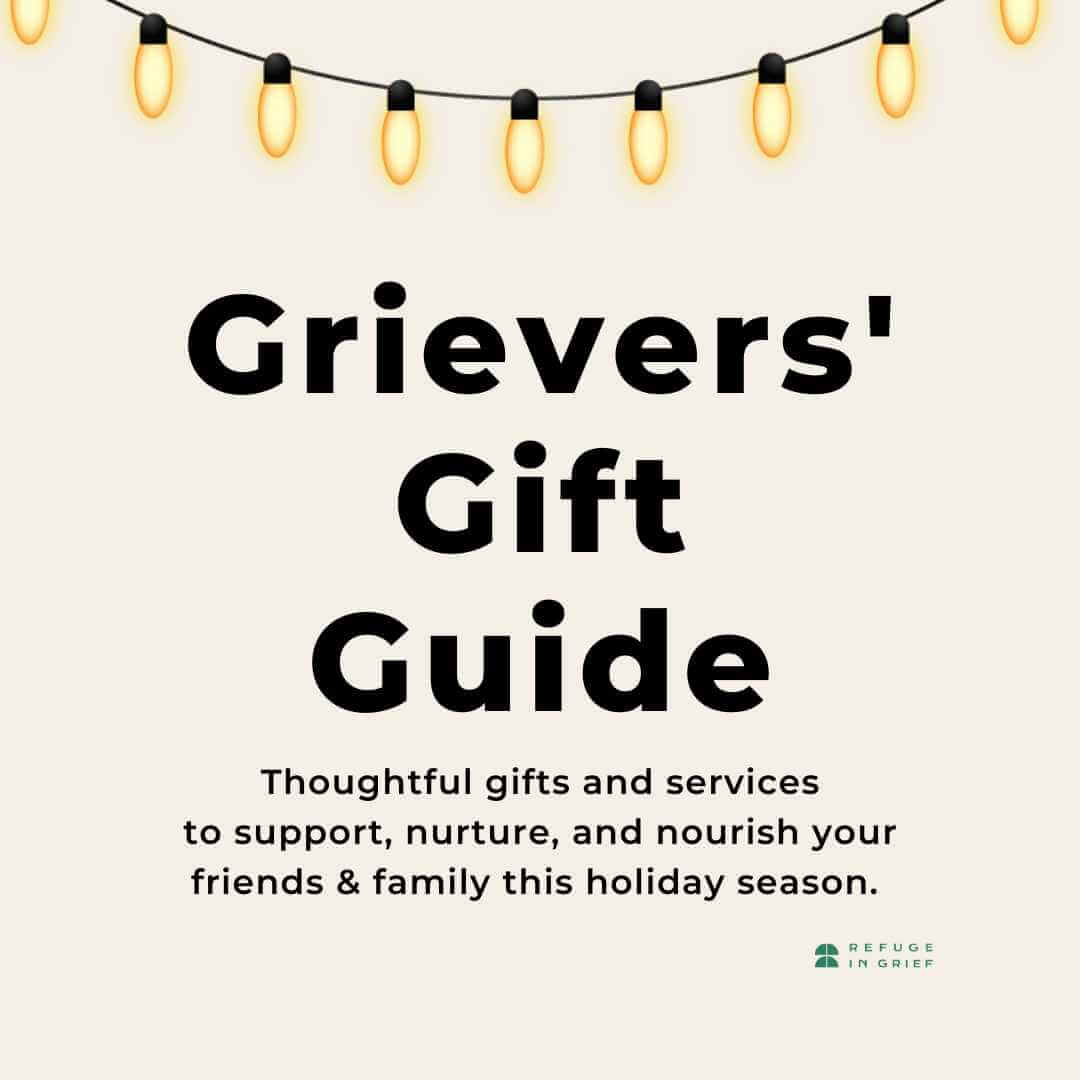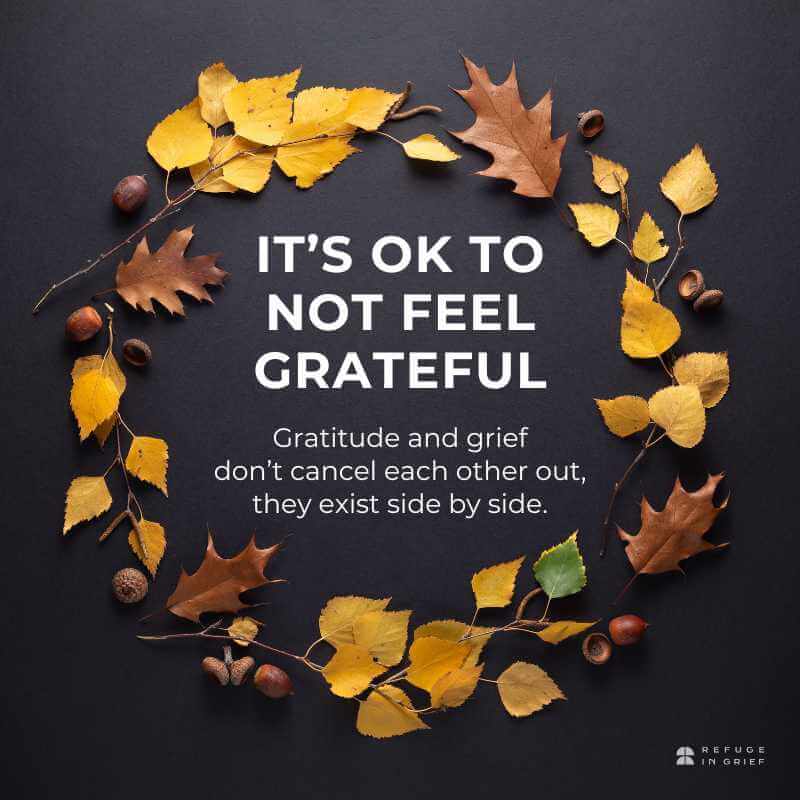comfort in a time of grieving: a guest post
Hello there my dear readers. Thanks for your patience as we redesign the RIG website. Though I *hate* to have new people come to the site and see it in disarray, there is only so long I can stand the site to be silent. So: back to posting, in the midst of a bit of aesthetic chaos.
Today, a guest post from writer Mark Liebenow. I don’t typically have guest posts, but I read this post by Mark inside one of the Writing Your Grief student pages, and I knew I wanted to share his words with the larger RIG community. Please be sure to check out more of Mark’s words by following the links at the end of his post.
—
Comfort in a Time of Grieving
There is no true comfort when we’re deep in grief. When we’re done actively grieving, it’s different. But not by much.
Usually I approach a topic with my head, wanting to sketch out the landscape to be covered. Then I work my way around to my feelings. This time I’m starting from the other end.
It will never be all right that Evelyn suffered for years with physical aches and pains, worked hard to recover and was almost back to full health when she died of an unknown heart problem. She was in her forties. I was bitter about that then, and I’m bitter about it now.
I accept the reality of death. But it’s not all right with me when people die early, especially teenagers and infants. It’s not all right that innocent people suffer with horrible illnesses and die, or that people die because of someone else’s stupidity, anger, or inattention.
I feel that Ev continues to exist in some form in the afterlife/heaven (although the exact nature of that reality is fluid in my imagination). Assurances of this have come from a few unexplainable encounters, and from a friend who knows a psychic who said that Ev was amazed at where she was. So she’s good, and I find comfort in this.
What does my head say? A number of words are used interchangeably with Comfort — relief, assurance, solace.
Relief is when I’m standing outside and the wind stops blowing on a cold day; it’s still cold. Assurance is saying that after this cold winter, spring will come, and that if I hold on, I will experience spring. It doesn’t change my reality, but it gives me hope. Solace is coming out of the cold for a moment. Comfort is reaching a place of peace, of acceptance.
There are also active forms of the word — comforting, comforts, comforted, comfortable.
When I put on a jacket, the jacket is comforting because it is warm and I am no longer cold. I also have a red alabaster heart that I’ve had since Evelyn died, and this comforts me. When people come, listen to me share, and help with chores, I am comforted by them. Or when we walk in nature after a week inside, I am comfortable enjoying the fresh air and warmth of the sun, although there is some guilt because I am enjoying something that Ev no longer can. But when the people leave and I go back in, grief is still there.
Now set everything I just spoke about to the side for a moment. Let’s look at the larger context.
Thich Nhat Hanh, a Buddhist, said that we are not born and we do not die. We move in and out of this life. Buddhism says there is much suffering in this world, and the way to deal with this is through non-attachment. Love everyone and everything, but do not cling to them.
Christianity speaks of believing that we are in God’s hands, that God will take care of us, and that whatever happens is part of the plan, so we should not worry about events that we don’t understand.
Sufi Islam says that heaven can exist in this world when we love and serve one another, helping people grow in their spiritual lives. The early Celtic people believed that each life would have big heaping shovels of sorrow as well as piles of joy.
Look around. Someone is always dying and someone is always being born. There is always suffering going on. A lot of people will die before we think it’s time, or we think it’s wrong or unfair. Yet there are coats of kindness for ourselves that we can wear, and coats of compassion that we can put over the shoulders of others to keep them warm.
Does everything work out for the best? No, because our loved ones are still dead. There is no “better” in this. No comfort. Evelyn did not die so that something better could happen. The world is in a deficit now, with the loss of her great compassion.
The bottom line is that I just need to take care of what I can control, and let everything else prosper, blow up, fall apart, or go along on its own. I am taking the risk of loving others again. Yet the bitterness of Ev’s death still burns, and part of me is still broken, not because of grief, but because of death.
———————
Mark Liebenow wrote about going to Yosemite to deal with his wife’s early death in his book Mountains of Light, published by the University of Nebraska Press. Each week he writes about the world of grief and his own discoveries on his website, http://widowersgrief.blogspot.com. On Twitter he’s @MarkLiebenow2.
———————
I especially love Mark’s description of comfort – as an addition, a momentary warmth, rather than something that supersedes the reality of grief. What do you think, my readers? Let us know in the comments.




